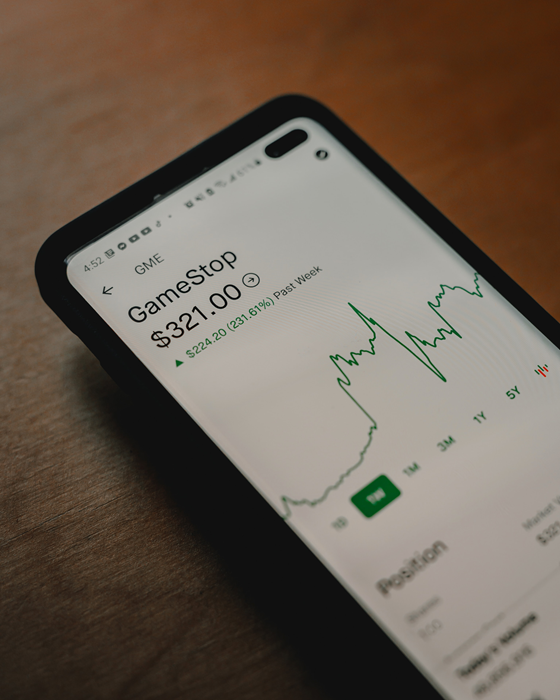
Retail investors shocked Wall Street last month when they forced artificial spikes in the prices of several stocks prominently shorted by hedge funds in attempted “short squeeze” plays. GameStop (GME) was at the forefront of the movement, up over 2000% at one point in January before its eventual decline. The retail investors self-organized on social media, notably on the Reddit page r/wallstreetbets, where there is a strong anti-Wall Street sentiment.
The frenzy surrounding GME reached a high on January 27 when the mobile trading app Robinhood, as well as other trading platforms, temporarily blocked customers from buying stock in GME as the price was surging, but allowed users to sell their positions. The move sparked outrage from many at a time when the GME saga was attracting international attention. Many have claimed that Robinhood was complicit in market manipulation. In an interview on January 28, Robinhood’s CEO Vlad Tenev responded to the outrage by stating “Our decision to temporarily restrict customers from buying certain securities had nothing to do with a market maker or a market participant or anyone like that putting pressure on us or asking us to do that. It was entirely about market dynamics and clearing house deposit requirements as per regulations.”
Robinhood’s decision to block trading in GME incited more than just outrage. As reported by Yahoo Finance, at least 33 federal lawsuits have been filed against Robinhood across the country. Most of the lawsuits seek class action status and allege violations of securities laws or consumer protection statutes. American securities law experts interviewed by Yahoo Finance expressed widely divergent views about the viability of the lawsuits.
The U.S. Securities and Exchange Commission released a statement on January 29 in which they assured market participants that “the Commission will closely review actions taken by regulated entities that may disadvantage investors or otherwise unduly inhibit their ability to trade certain securities.”
As this story continues to unfold for Robinhood, and the market generally, it is certainly one to watch in 2021.
Author: Jay Piett
Image by https://unsplash.com/@claybanks
Authors
Expertise
Insights
-
Technology
Cohere Joins Forces with Thales Canada to Advance Defence-Focused AI
Cohere Inc. (“Cohere”), a Toronto company focused on developing enterprise AI, announced its partnership with Thales Canada Inc. (“Thales”). Thales is a leader in advanced defence and digital… -
Technology
Canada’s C$358 million Defence Supply Chain Initiative Signals a Shift Toward Strategic Resilience
The federal government’s newly announced C$358 million initiative to strengthen Canada’s defence supply chain represents a decisive step toward fortifying the country’s sovereign and military… -
Technology
NASA’s Perseverance Rover Detects Evidence of Lightning on Mars
Scientists have detected what they believe are crackles of lightning on Mars. NASA’s Perseverance rover, which landed on Mars in February 2021, carries a microphone that picked up pops of small… -
Technology
Disney Partners with OpenAI to Bring Iconic Characters to Sora
The Walt Disney Company (“Disney”) has announced a three-year partnership with OpenAI, becoming the first major content licensing partner for Sora, OpenAI’s generative AI video platform. Under the… -
Technology
On Me Raises US$6 Million to Make Gift Cards Feel Personal Again
On Me, a digital gift-card startup founded by former Google employees, is helping people get the most out of their gift cards. Instead of limiting buyers to a single store, the startup sells digital… -
Technology
Three Canadian Companies Advance in Quantum Computing Program Backed by U.S. Military
Three Canadian companies participating in the Quantum Benchmarking Initiative (QBI) have advanced to the program’s second stage. QBI is a research program backed by the U.S. military’s Defense…

